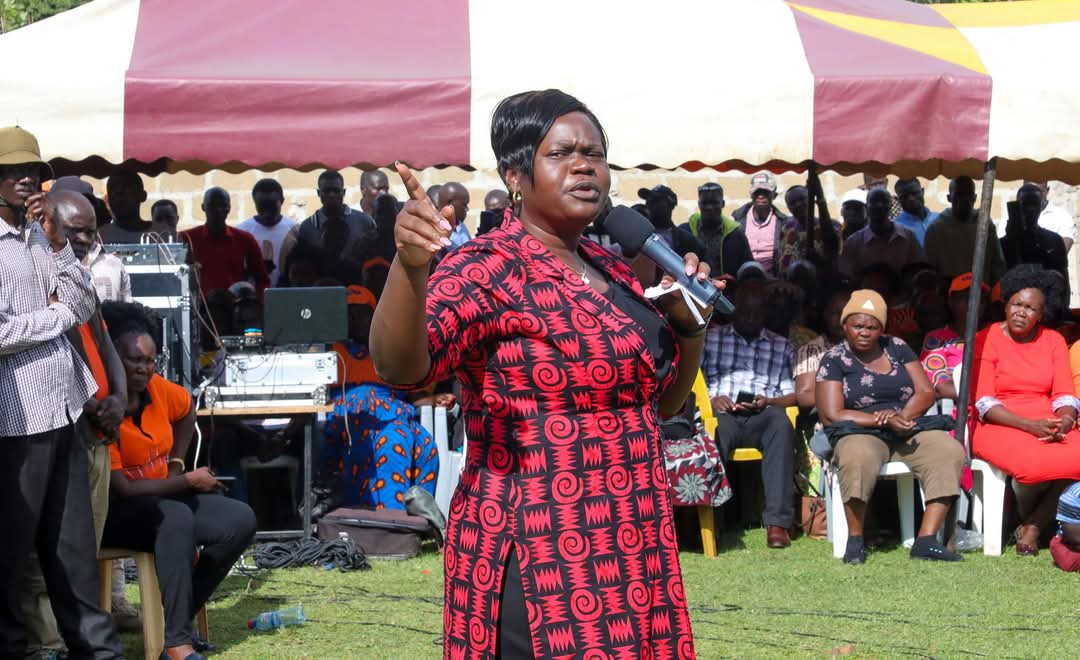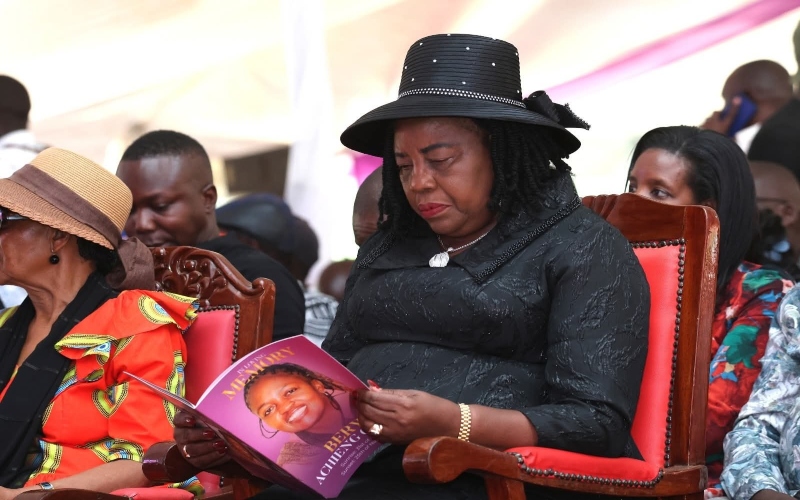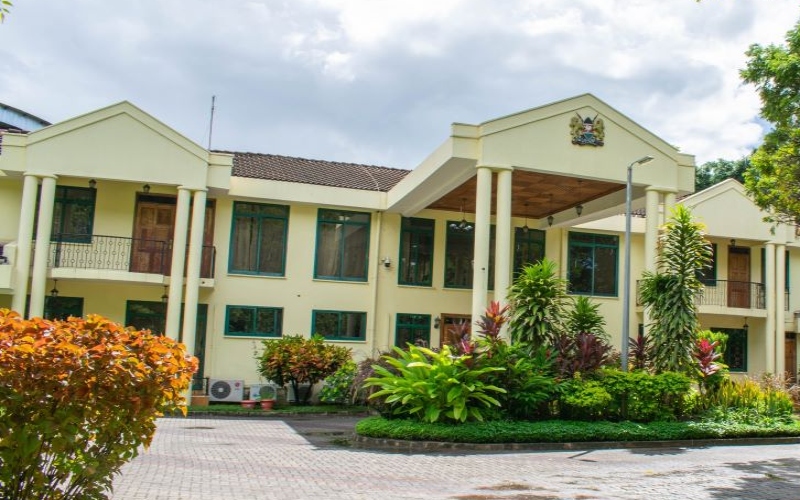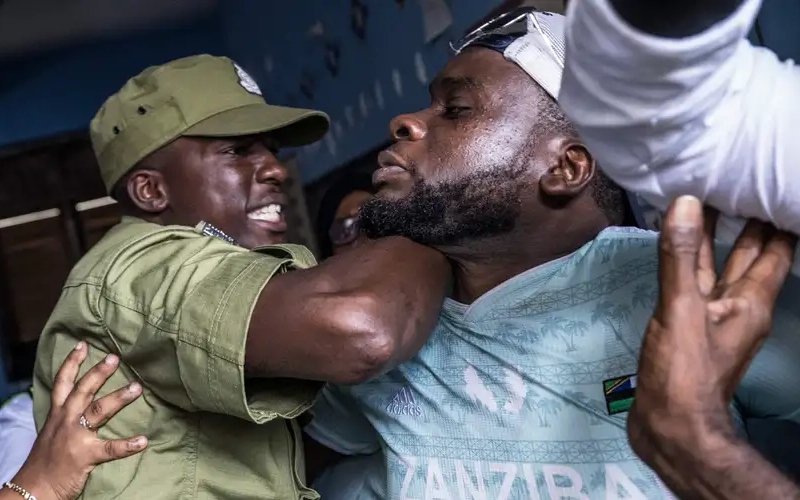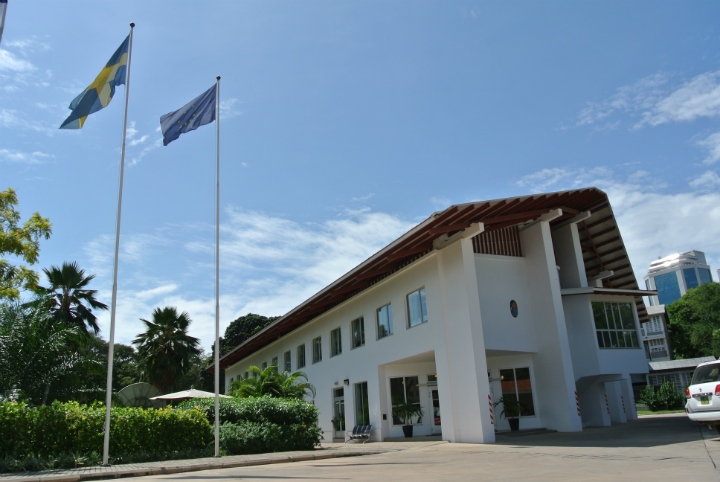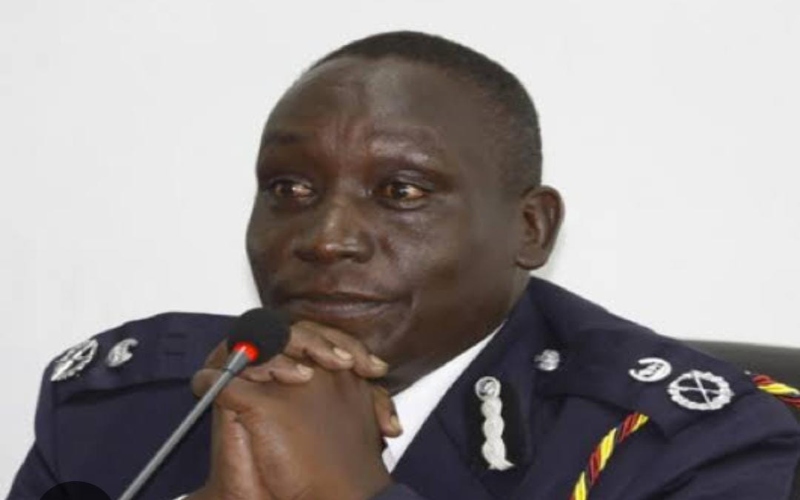Sudan war stalls progress in disputed Abyei region
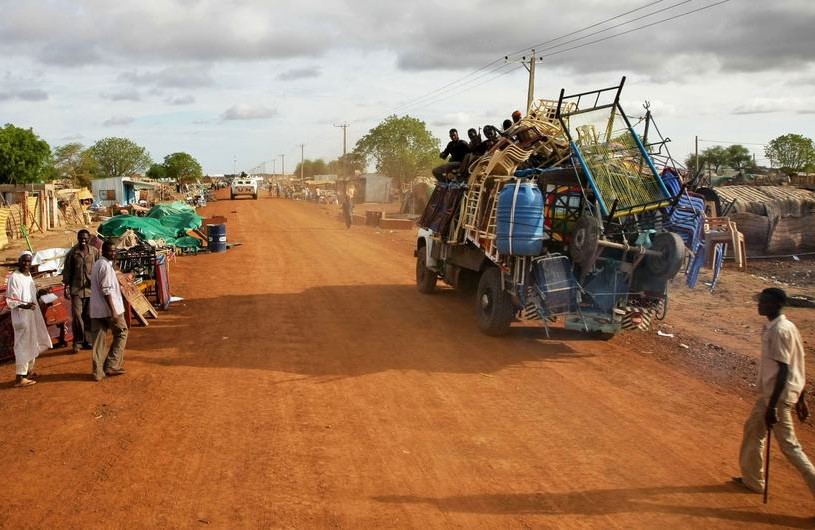
Due to the ongoing conflict, South Sudan’s oil production and exportation, which relies on transit through Sudan, has been suspended since early February.
The ongoing conflict between rival militaries in Sudan has stalled progress towards the determination of the final status of the disputed oil-rich Abyei region which straddles the Sudan-South Sudan border, the head of UN peacekeeping operations said on Tuesday.
Despite these challenges, the UN remains prepared to support both parties, in close collaboration with the African Union, once they resume political negotiation said Jean-Pierre Lacroix, briefing ambassadors at the Security Council.
More To Read
- Sudan’s crisis deepens with communities trapped in ‘siege conditions’
- From protesting tyranny to saving lives: How Sudan’s networks are responding to war
- ‘I have to talk about it' - rape and terror sparks mass migration in Sudan
- Sudan army makes major gains in South Kordofan, retakes key villages from SPLM-N
- Sexual violence driving mass flight from Sudan to South Sudan: What you need to know
- Sudan signals willingness to coordinate with UN despite ongoing RSF clashes
Intercommunal tensions
The situation in Sudan has also exacerbated intercommunal tensions in Abyei, highlighted by recent clashes over cattle rustling that resulted in multiple fatalities among the Misseriya and Nuer communities.
“Over the weekend, the United Nations Interim Security Force for Abyei (UNISFA) held a meeting with Misseriya, Nuer and Ngok Dinka representatives to extend support for peaceful resolution of conflict. With tensions high, political support for dialogue between the Nuer and other communities in Abyei is critical,” Lacroix said.
Humanitarian challenges
He said humanitarian conditions in Abyei are deteriorating, with the region facing a scarcity of essential services and goods. This crisis is compounded by an influx of people fleeing conflict in Sudan.
Despite the volatile security climate, which continues to impact their operations, UN agencies and their partners are committed to providing necessary aid.
“Four off-duty humanitarian personnel were killed during the uptick in clashes in late January and early February, and roughly 20,000 people in Abyei are estimated to have been displaced during this period,” he added.
The same period also saw two UN peacekeepers killed in hostile acts.
“We strongly condemn the attacks that led to their deaths and express our sincerest condolences to the families of those who lost their lives,” Lacroix said, calling on the authorities to investigate and hold the perpetrators accountable.
Fallout from Sudan crisis
Hanna Tetteh, the Special Envoy of the Secretary-General for the Horn of Africa, also briefed the Security Council, echoing Lacroix’s concerns about the political, economic, and humanitarian fallout of the crisis in Sudan, notably affecting South Sudan.
“The influx of over 630,000 refugees and returnees from Sudan has increased pressure on the population’s limited access to food, water, and basic health services due to years of armed conflicts, intercommunal violence and environmental shocks,” she said.
Economic woes in South Sudan
Other Topics To Read
Due to the ongoing conflict, South Sudan’s oil production and exportation, which relies on transit through Sudan, has been suspended since early February following incidents involving the Sudanese paramilitary Rapid Support Force (RSF) in White Nile state.
Tetteh told ambassadors that the resumption of South Sudan’s oil exports remains unlikely within two months, despite an announcement by Sudanese authorities.
“The severe disruption of oil delivery, the flooding of oil fields, and the uncertain security situation in the Red Sea have exacerbated an already dire economic situation in South Sudan,” she said.
Top Stories Today

